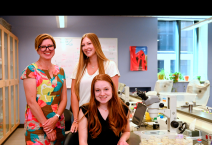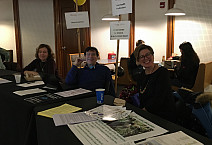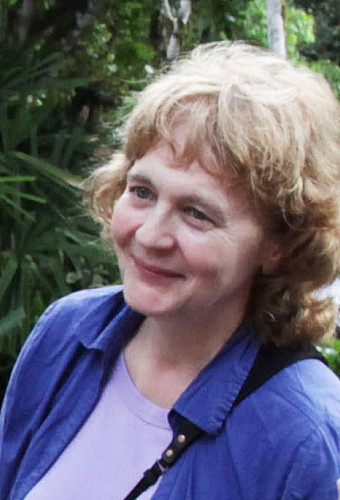Ellen Dawley
Dr. Ellen Dawley has been a zoologist since childhood, and became interested in the intersection of evolution, behavior and neuroanatomy in graduate school. After completing a PhD at the University of Connecticut examining the senses and behaviors involved in how amphibian species recognize neighbors, gender and their own species, she moved on to the sensory structures involved in these behaviors during her postdoctoral studies at Cornell University. This lead to her current interest in neural stem cells in the olfactory system and in spinal cord regeneration in amphibians. Amphibians are master regenerators, far surpassing mammals, and so they are a model organism for investigating the extent and limits of neural regeneration in vertebrates.
After many years of leading courses in Costa Rica (Bio 320) and in Mexico (Bio 220), Dr. Dawley is currently attempting to merge her love of the tropics with her research in a study of tail regeneration in tropical lizard species, specifically in Costa Rica, Mexico, and the Galapagos Islands. Dr. Dawley enjoys adventuring in Mexico, Central and South America, and recently even made it to Antarctica.
Department
Degrees
- B.S., Mercy College of Detroit
- M.S., University of Michigan
- Ph.D., University of Connecticut
Teaching
Issues in Ecology and Evolution (Bio 101)
CIE 1 and 2
Biology of Maya Mexico (Bio/ENV 220)
Human Anatomy and Functional Morphology (Bio 305)
Biology of the Neotropics (Bio/ENV 320)
Ornithology (Bio/ENV 365)
Mammalogy (Bio 442W)
Research Interests
My over-arching research interests are understanding the adaptations of organisms to their specific life styles (these are evolutionary adaptations). More specifically, I am working in two disparate areas: (1) naturally occurring neurogenesis, which includes spinal cord regeneration in animals that autotomize their tails and regeneration of chemosensory epithelium in animals that rely upon chemoreception; (2) ecology and natural history of vertebrates in Pennsylvania and the Neotropics. The first research area is carried out in the lab, while the second area is totally field based.
Recent Work
Dawley EM 2017. Comparative morphology of plethodontid olfactory and vomeronasal organs. Herpetological Monographs 31: 169-209
Dawley, EM, *Samson, SO, *Matthias K, and *Woodard K 2012. Spinal cord regeneration in a tail autotomizing Urodele. Journal of Morphology 273:211-225.
Dawley EM, *Nelsen M, *Lopata A, *Schwartz J, and *Bierly A 2006. Cell birth and survival following seasonal periods of cell proliferation in the chemosensory epithelia of red-backed salamanders, Plethodon cinereus. Brain, Behavior, and Evolution 68:26-36. * - Ursinus student coauthors.
I have an evolutionary perspective, and am interested in the adaptations of organisms. Specifically, our lab investigates neural stem cells and the process of regeneration in organisms whose adaptations include extensive stem cell activity and extensive regenerative abilities.




